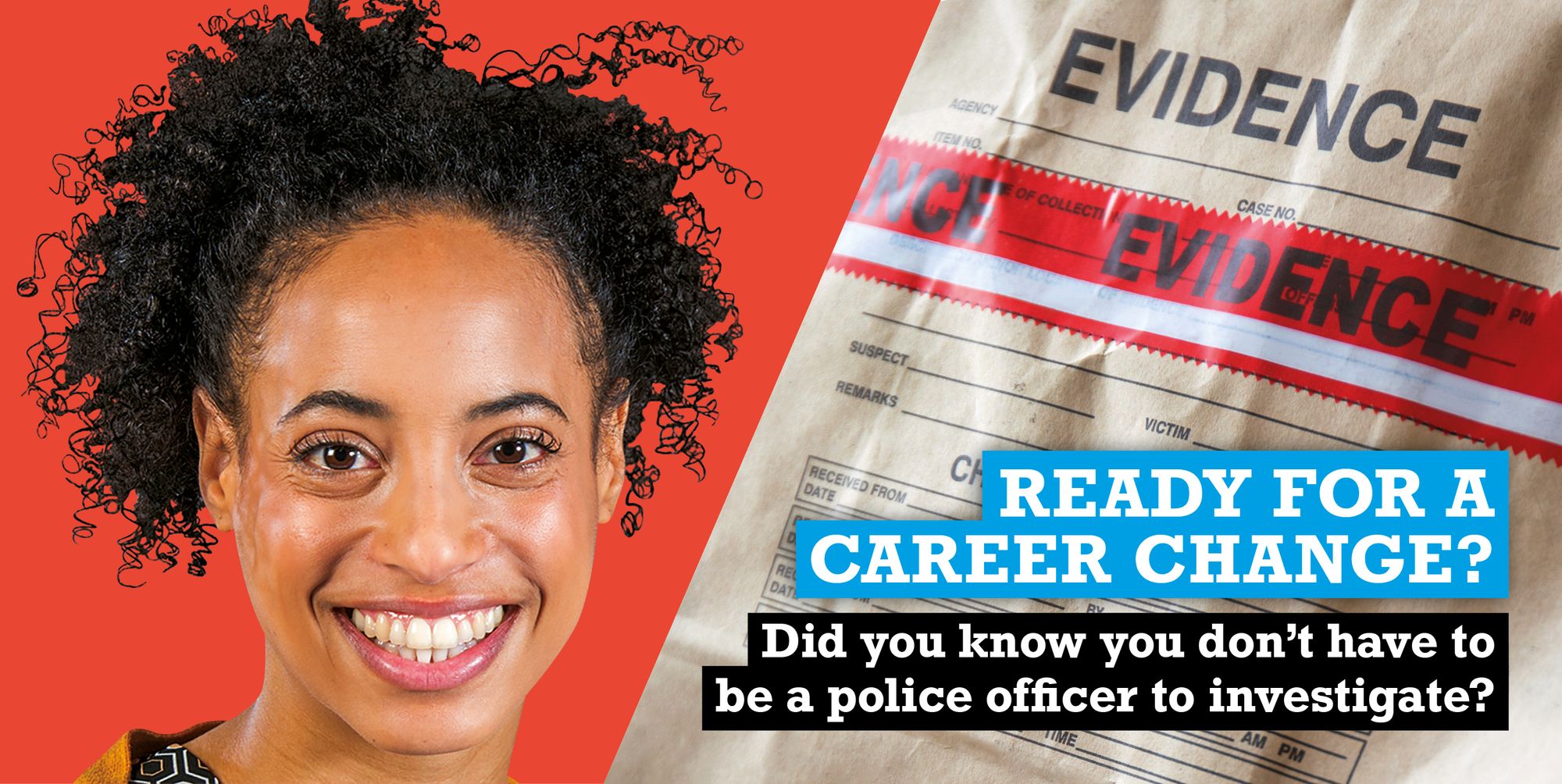By Ellie Brown, Investigations Correspondent and Teddy Coward, Third Year English
With a deep recession looming, the ‘likes of which we’ve never seen before’ warned the Chancellor Rishi Sunak, graduate prospects look somewhat bleak for the class of 2020. However, as this pandemic has shown time and again, there are reasons to remain optimistic – and evidence that finishing university now isn’t all that bad.
For Bristol students in their final year, many of whom will have spent the last few weeks packing in the closing thoughts for their dissertations in an already anti-climactic end to their university career, the thought of striding comfortably into the world of work now seems rather remote.
Nick Barra, a third year Engineering student at the University of Bristol, was looking forward to a summer internship with one of the UK’s most prestigious aerospace companies. But when lockdown was implemented and social distancing rules became the new norm, he received a phone call and found that this golden opportunity had been cancelled.

‘The company said that unfortunately they had to cancel the internship due to safety concerns,’ Nick explained to Epigram, ‘they were nice about it though and said if I wanted to apply for a graduate scheme in the future I’d jump straight to the interview stage rather than having to go through the whole process. It wasn’t great, but I was aware of the situation. It wasn’t a surprise but it was still not nice to hear.’
Hendrike Rahtz, who’s just completed a degree in Psychology, didn’t have an internship arranged. However, she ‘was looking to find a job quite quickly’ and move out from her parents’ home as soon as she could.
‘But now,’ she says, ‘because everyone has to work from home and people aren’t starting new jobs or leaving their jobs, or places are getting downsized, it looks as if it might not be as easy to search and instantly find a job.’
According to the survey almost two-thirds of final years feel negatively about their future careers.
The experiences of Nick and Hendrike are not unique. Many in the class of 2020 have been left feeling distressed by the pandemic. Another student told Epigram her internship has been slimmed down to around a quarter of its initial workload and moved entirely online; a third said that their 10 week scheme was now more like ‘4-6 weeks’ and they have little idea of how it will take place.
Recent research by graduate career experts Prospects, which surveyed 5,000 students and graduates, found that as a result of the pandemic 29 percent of final year students have lost jobs, 26 percent have lost internships, and a further 28 percent have had their graduate offer deferred or rescinded.
According to the survey, almost half (47 per cent) of current finalists are now contemplating taking a postgraduate course, while 29 per cent are considering a career change. Perhaps more worryingly, almost two-thirds of final years feel negatively about their future careers, and almost four-fifths said they were both lacking in motivation (83 per cent) and felt disconnected from employers (82 per cent).

This anxiety appeared to grow strongly in the earliest stages of lockdown. Michele Trusolino, CEO of job-finding app Debut, notes that ‘in the initial week or so of lockdown, we saw [job] applications plummet and app use substantially down,’ though ‘since then it has picked up’.
Trusolino has also said that ‘for the next two or three years competition [for jobs] will be increased', just as it did after the 2008 financial crash when graduates who ‘didn’t place the year before would try to get positions the following year.’
A crowded job market may not even take that long to appear. Tristram Hooley of the Institute for Student Employers (ISE) has cautioned that as this year’s 800,000 university, college and school leavers join those coming off the government job retention scheme – many of whom are likely to become unemployed – there will be ‘an unprecedented level of churn in the labour market and one that is likely to create big problems for new graduates.’
As a result of this, the government is coming under increasing pressure to support young people, including students leaving university at this uncertain time. A recent letter saw organisations, such as the ISE, urging the government to develop a ‘a youth transition strategy before the end of the academic year’. They argued that ‘without a swift and focused response, the impacts resulting from COVID-19 could last a generation’.
Bristol undergraduates launch scheme for students to help local charities affected by COVID-19
On the surface at least, job prospects seem bleak for those who are graduating this summer. However, things may not be quite as dismal as some fear.
Research by management consultancy McKinsey & Company, for instance, has shown that the sectors most at-risk in the UK are not ones which graduates typically work in; instead, hospitality, leisure, entertainment, retail and construction are most affected, according to the authors of this report.
In fact, half of the total jobs at risk pay less than £10 per hour. Hooley has also stated that recruitment by big enterprises, a sector which employs 2/3 of all UK graduates, is only down by an estimated 12 percent. That’s not favourable, but it isn’t a disaster.
Additionally, many companies are adapting to ensure that graduate schemes and internships can take place – if only virtually. Big names such as Aon, Clifford Chance, EY, IBM & Lloyd’s are offering online placements instead of their usual summer internships, whilst up-and-coming businesses seeking to expand will be looking to hire more graduates than before. This includes consulting firm CapGemini, which hosted an online Q&A for Bristol University Careers Service’s recent ‘get hired online’ week.
Great opportunity for @BristolUni students to gain experience within a really exciting company!#Intern #DigitalMarketing #Internship #Careers #Graduate https://t.co/Rw4SHO2Gjc
— ADLIB | Engineering Team (@ADLIBEngineers) May 27, 2020
‘Recruiting graduates is expensive, plus there’s the reputational risk of rescinding a graduate offer,’ one student, who will start their graduate scheme remotely, told Epigram. ‘Brands need talent and they are realising that working online can happen.’
Opportunities for graduates in Bristol, meanwhile, are still available. Avon and Somerset Police recently launched a recruitment drive for its investigative department, while Quantum, a Bristol-based cybersecurity company, are offering a virtual internship that students and alumni can apply for via the University’s mycareer website.
Indeed, just last month the University of Bristol set up a Covid-19 SME Internship Fund, allowing students and alumni to complete paid work experience in Bristol-based small & medium enterprises (SMEs). The £100,000 scheme will fund around 100 internships and is open to current Bristol students and alumni who have graduated within the last twelve months.
Third year Maths and Philosophy student Lucy Bateman has applied to one of the internships covered by the fund. ‘What the Uni’s been doing with the SME scheme and helping small-medium enterprises get back on their feet is a really good thing,’ she says.
'Never give up, and don’t let the bastards grind you down' | In conversation with Lady Hale
Another company offering internships with the scheme is the fintech start-up Roqqett. Launched in November last year, the company’s mobile banking app seeks to ‘revolutionise’ payments. Roqqett’s expansion means it will be taking on eight to ten Digital Marketing Assistants from the Bristol and Bath region over the summer with at least two of these places covered by the University’s Covid-19 fund.
Speaking to Epigram, Roqqett founder and CEO Glen Smith says: ‘We know that a lot of internships have been cancelled and we were in a position to help. We all work remotely and have a young team that can make them feel welcome so we decided to see if we could take on interns this summer.
‘The University of Bristol’s Internship Fund was very timely in that process and so we are hoping to take on more interns than we were originally planning.’
Beyond online internships and grad schemes, some students are using the inevitable free time provided by lockdown to hone their skills and enhance their employability. Hendrike, for example, says she’s ‘decided to make use of some free online courses to help [her] further understand the marketing and advertising field’ she aspires to work in.

‘I don’t want to go into it thinking ‘this is going to be really hard’,’ she says, ‘I want to go into it with a positive mindset and be ready to apply to anything and everything within the area I want to go into.’
Thus, it seems that the process of looking for a job or internship is by no means futile. As with all crises, there are winners and losers; many companies will suffer, some won’t return, but others have become more required than ever. And while this uncertainty can be frustrating, graduates and students may find they are more adaptable, flexible and self-starting than they realised.
As with all crises, there are winners and losers; many companies will suffer, some won’t return, but others have become more required than ever
For Smith, whose company has benefited from the decline in cash use during the pandemic, changes to the job market are nothing new. As he puts it: ‘if your specialist skill was in weaving and using a spindle in the 18th century, you had to adapt.
'All of a sudden there were factories and everyone thought that was terrible, but we’ve seen that the whole way through history. Industries rise and wane, every generation has skills and has to adapt.’
So too will the graduating class of 2020.
Featured Images: Unsplash / Avon and Somerset Police
Are you about to graduate and enter the world of work? Let us know!









